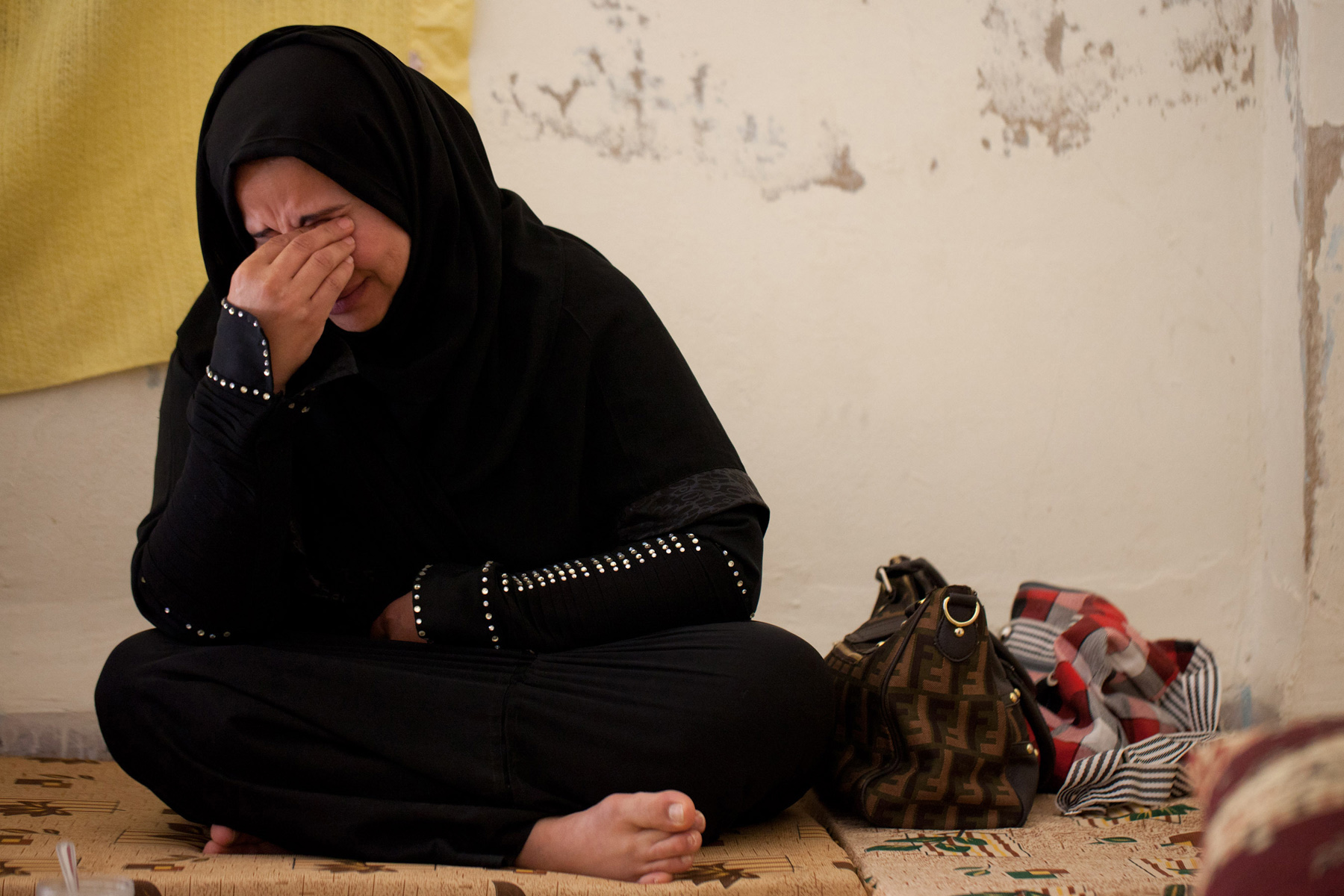
EDITOR’S NOTE: As Mother’s Day is celebrated in America, few may stop to remember the mothers throughout the world whose lives are quite different from those in the United States. In three articles from the International Mission Board, snapshots of such mothers are offered.
SYRIAN BORDER, Northern Jordan (BP) — Miriam* sits against a wall on a pad that will double as a pallet this evening in the small, attached room that serves primarily as a kitchen.
She’s one of 14 people who live here.
Children slip in and out of the unfurnished room, their bare feet trekking quietly against the cement floors. They do not stay long, but the presence of strangers draws them back again and again.
Miriam is the center of this world. Little ones race to her, flop in her lap, then are gone. Older ones settle next to her for a moment and press against her. As long as she is here — as long as they can touch her — all is well. They seek the assurance of her presence, fly off, then return at unexpected intervals when something deep jars them and they need the reassurance of her presence again.
Sometimes it is only minutes.
Conversation between the adults is strangely quiet. There should be rage, hollering, fists beating the air. It belies the suffering Miriam and her family have endured.
There is nonchalance in the telling — passion and agony have been numbed, perhaps by the need to tell again and again — of memories that will not die, that can only be quieted.
They tell of their city in Syria tumbling about them as the shelling came closer. The loss of friends, neighbors and family amid the chaos, the desire to survive, the seeking of something as simple as water. They tell of the cousin who died. The son. The uncle. The husband. They talk of their journey south to Jordan and safety, crossing the desert in the night on foot because the border was closed, avoiding army patrols.
They tell of those left behind, those in hiding, wondering who will survive. And what will become of the son still fighting? They ponder the uncertainty, if they will ever return home.
The stories are difficult. Still the children drift in, linger, listen, drift out. They, too, are caught in the cycle. They have heard the stories before.
They have lived them.
Miriam points to a little one, not yet 10, and tells how when his brother was shot down in the street the boy lingered over the body long enough to raise a fist against the gunman and scream before scampering to safety.
He is brave, she says. Then weeps.
Miriam is a good mother.
There is something unnatural here. In a place filled with cycles, one cycle is broken: It is unnatural for mothers to bury their children.
The world is filled with good mothers, mothers whose children died too soon and did not live to bury their mothers. It matters not the agent — disease, violence, addiction, war, foolish decisions. The cycle is broken.
The good mothers are left to speak in whispers of the obscenities they witnessed. To repair a breach they cannot mend. To be the center for those who remain. To be the touchstone when those they love are jarred by the unexpected and when assurance is needed once again. To join with that good mother who walked with her Son to the foot of the cross.
–30–
*Miriam is the pseudonym for a good mother. Will Stuart is a photojournalist who occasionally writes for the International Mission Board. He recently worked among refugees fleeing the fighting in Syria.














